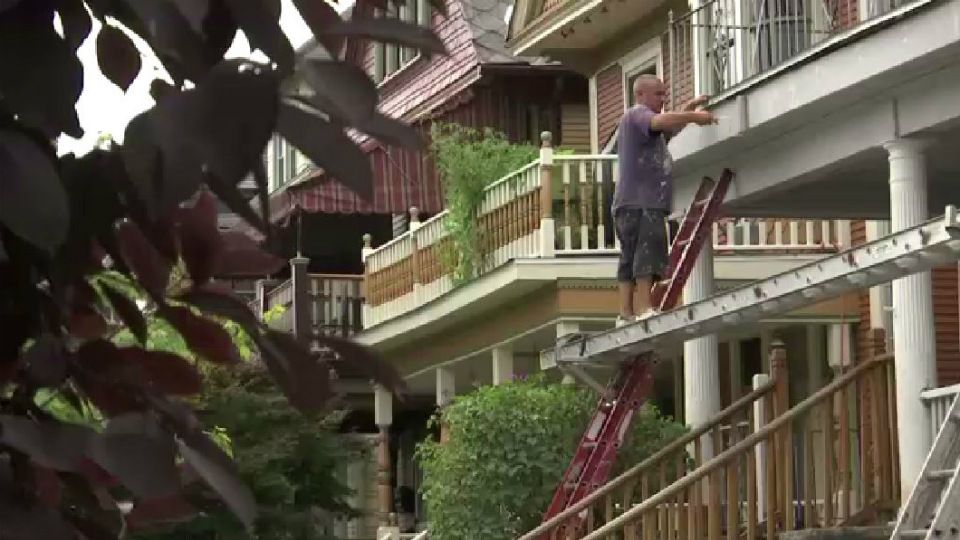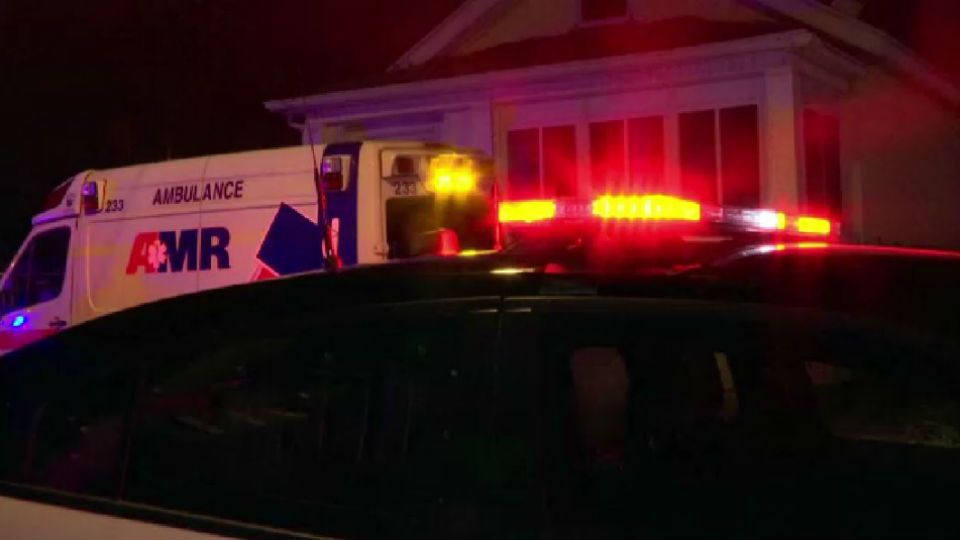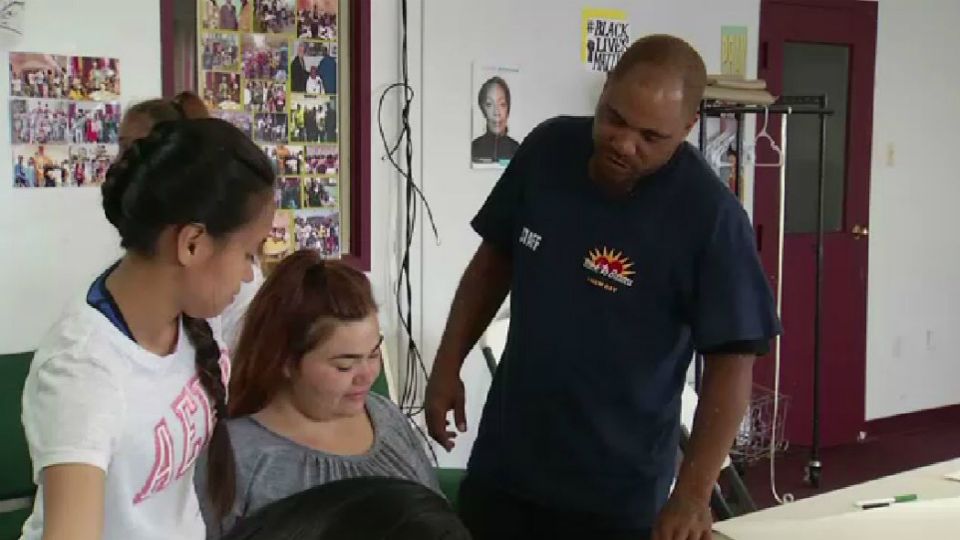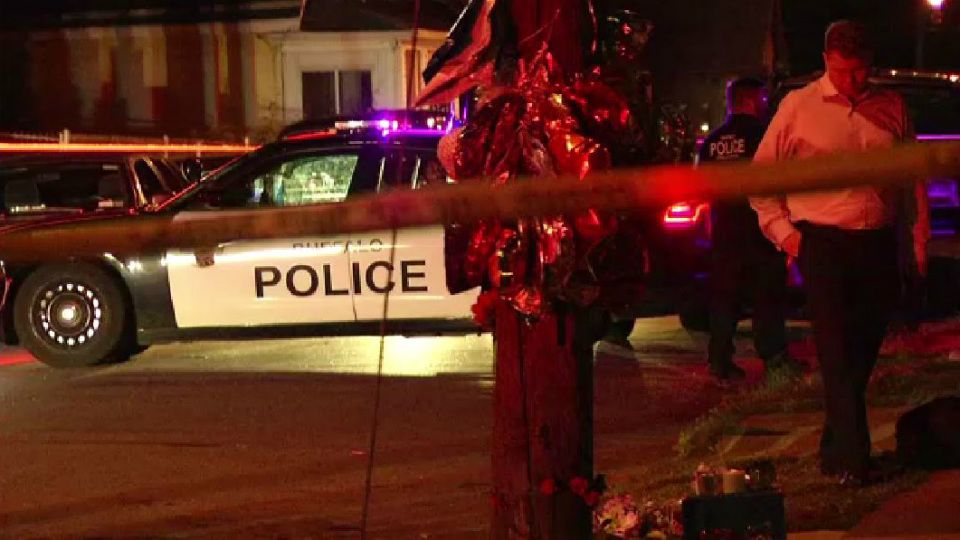Walking the streets of Buffalo's lower west side used to instill fear.
Today, it's a more vibrant place, but it's still rebuilding after the devastation left by the 7th and 10th street gangs in the early and mid-2000s.
"They just terrorized everyone in the community," said Vanita Jamison, the FBI Foreign Language Program Supervisor.
Jamison was the FBI's community outreach specialist at the time. The gangs were responsible for several homicides and dozens of shootings.
“It didn't matter who was in the way,” said Jamison.
Federal officials had to step in to staunch the bleeding.
"It just tore the community apart,” she said.
Her job was to get the community to overcome their fear to step up with what they knew in order to put the people responsible for the mayhem behind bars.
"We wanted to break down those walls and being more integrated within the community. I can't just come to you and say, 'Hey I'm here to help. I'm from law enforcement. I'm looking for some information,’” she said. “It's not going to work. My actions have to speak louder than my words.”
And they did. And people started to talk, allowing Assistant U.S. Attorney Joe Tripi to build a case.
It took six years, but eventually, all 66 members of both the 7th and 10th street gangs were convicted and sent to prison.
"It certainly was the most complex, the most exhausting, the most difficult I had done to that point,” said Tripi, who also serves at the strategic operations and prosecution section chief. “It was just sort of relief that it was over, relief that the families, they're never going to be made whole, but at least they got some closure with those convictions.”
For people like Tripi and Jamison who are working these cases daily, the work is never done.
“When you take individuals off the streets, what happens to communities from there? This family is still a part of this community. How do we support them after it's all said and done,” said Jamison.
It’s that continuous work that helps communities, like the west side forge a new identity.
"They rebuild. They become stronger. They work in unison. And is every day going to be perfect? Of course not. Can it happen again? Of course it can,” said Jamison.
It's work that local and federal authorities are now trying to replicate elsewhere in the city.
"You can certainly draw parallels to what you've seen on Grape Street with mothers and children getting shot and killed. It covers a larger geographic area, and it may well need more manpower than was assigned to the 7th and 10th street case in order to attack it,” Tripi said.
Jamison added, "Those relationships on the east side can be the same. It takes time. It takes time. It takes energy. We are all partners in this. There's hope out there that things can change.
A message both Jamison and Tripi hope people on the east side will hear to come forward with the information that will help law enforcement take down the most violent people stalking Buffalo's streets.










